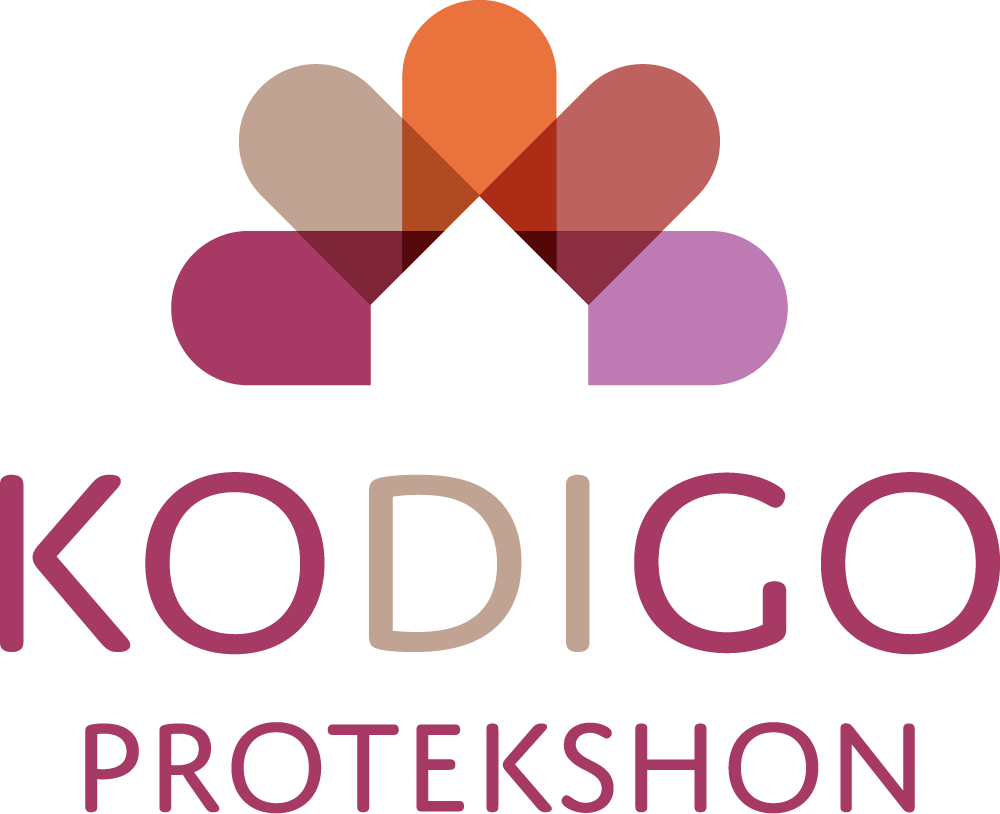The five steps of the
Kódigo di Protekshon
The Kódigo di Protekshon applies to all professionals in Curaçao who work with children or families.
It provides tools for identifying child abuse and relational violence. An overview.

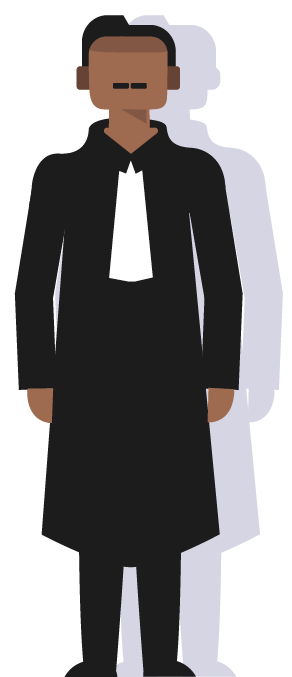

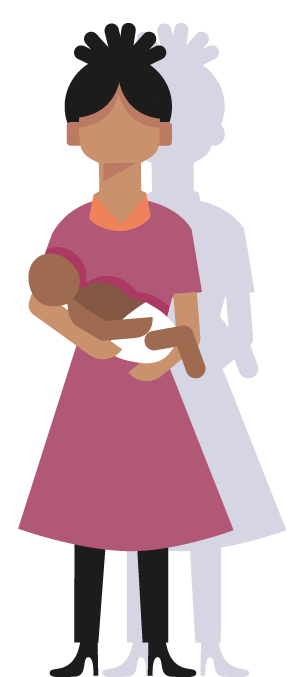
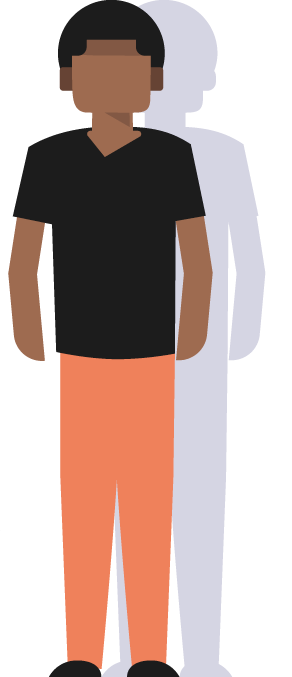
The Kódigo di Protekshon is relevant for all professionals in Curaçao working in social work, education, health, and safety. It establishes agreements on how professionals can identify child abuse and relational violence and what steps they should ake next to prevent or stop unsafe situations. The Kódigo di Protekshon consists of five steps.
-

1. Map out the signals and also look at what is going well
Write down what you see and hear, without making judgments or drawing conclusions yet. If you work with adults, consider the child check. (This means that in case of situations with adults with severe psychological issues, addiction problems, or a violent partner, you assess whether they are caring for minor children and if those children are growing up in a safe environment).
Write down what you see and hear, without making judgments or drawing conclusions yet. If you work with adults, consider the child check. (This means that in case of situations with adults with severe psychological issues, addiction problems, or a violent partner, you assess whether they are caring for minor children and if those children […]
-
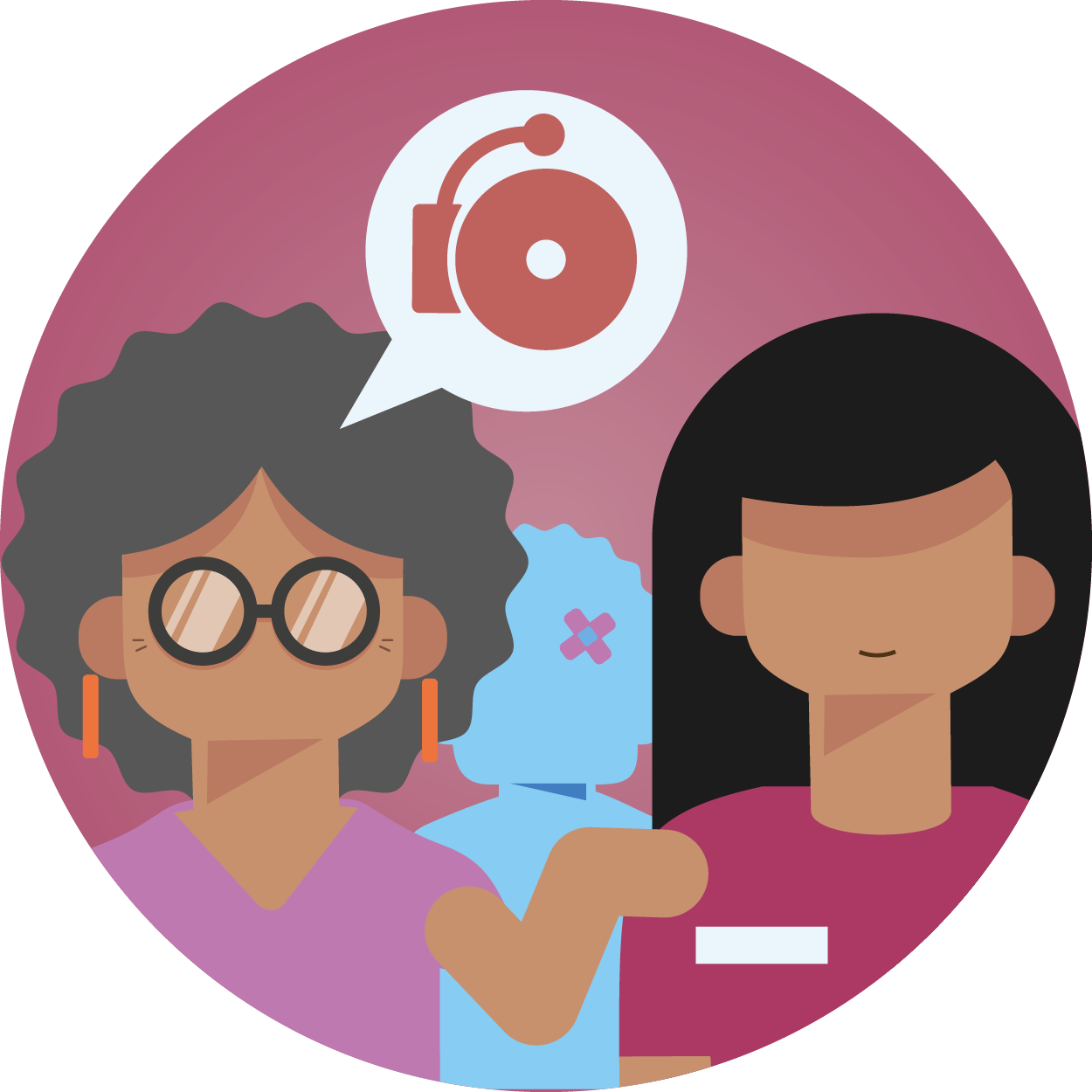
2. Seek advice from a colleague or an expert
Consult with a colleague, the Supervisor di Kódigo*, or seek advice from the advice and reporting centre ProtehaMi**. For example, on how to interpret the signals, or on the approach tot he conversation in step 3. Request advice based on anonymous client or patient data. Document everything in the file.
Consult with a colleague, the Supervisor di Kódigo*, or seek advice from the advice and reporting centre ProtehaMi**. For example, on how to interpret the signals, or on the approach tot he conversation in step 3. Request advice based on anonymous client or patient data. Document everything in the file.
-
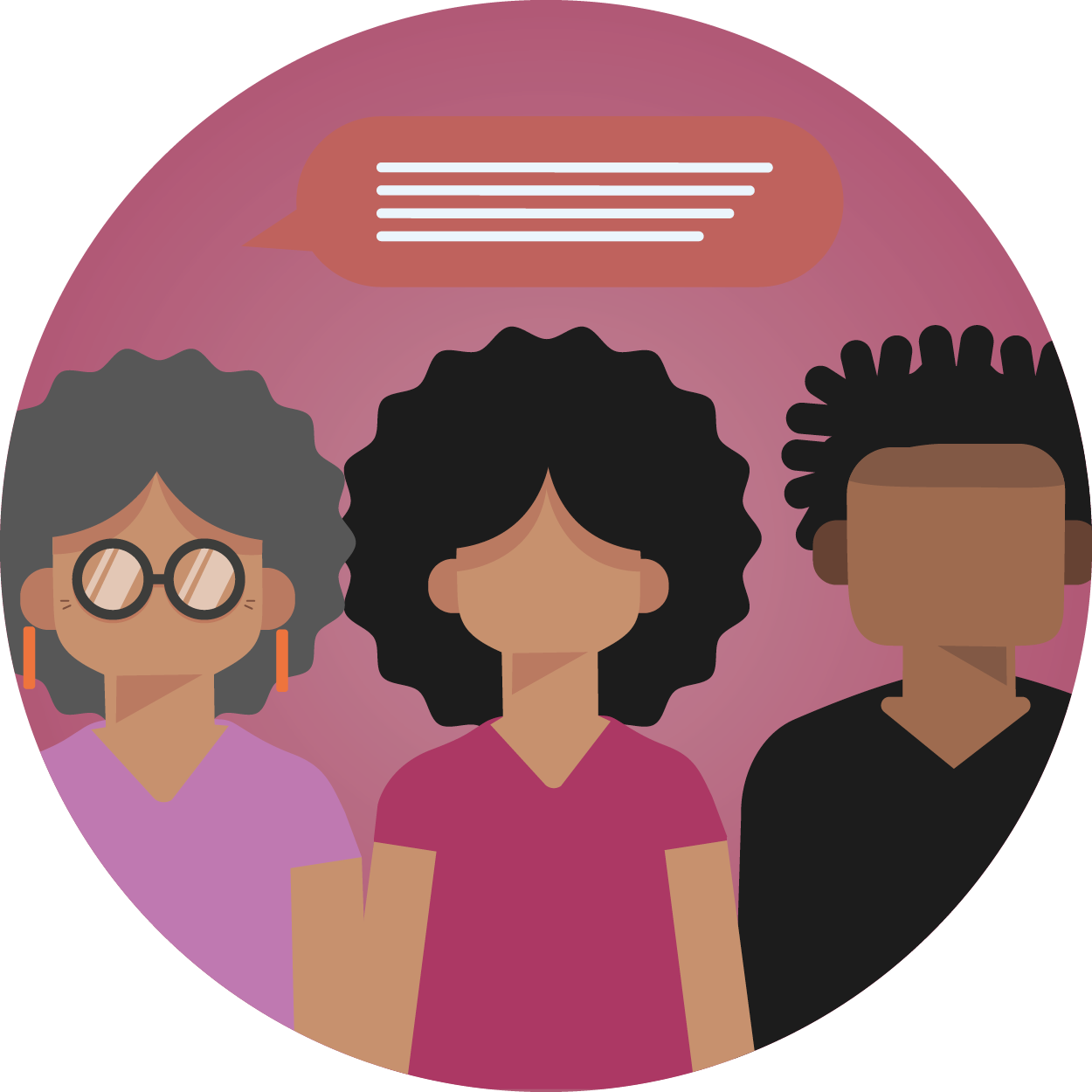
3. Engage in conversation with the involved parties
Discuss your concerns and what you believe is going well. Ask for a response and engage in a conversation about it. Make agreements on how to proceed. Document in your file whom you spoke with and what agreements were made. In cases of child abuse: if possible, also have a conversation with the children. Note:You can only skip the conversation with the directly involved parties if you have indications that this conversation could create safety risks fort he directly involved parties or for yourself. In such cases, always seek advice from ProtehaMi.
Discuss your concerns and what you believe is going well. Ask for a response and engage in a conversation about it. Make agreements on how to proceed. Document in your file whom you spoke with and what agreements were made. In cases of child abuse: if possible, also have a conversation with the children. Note:You […]
-
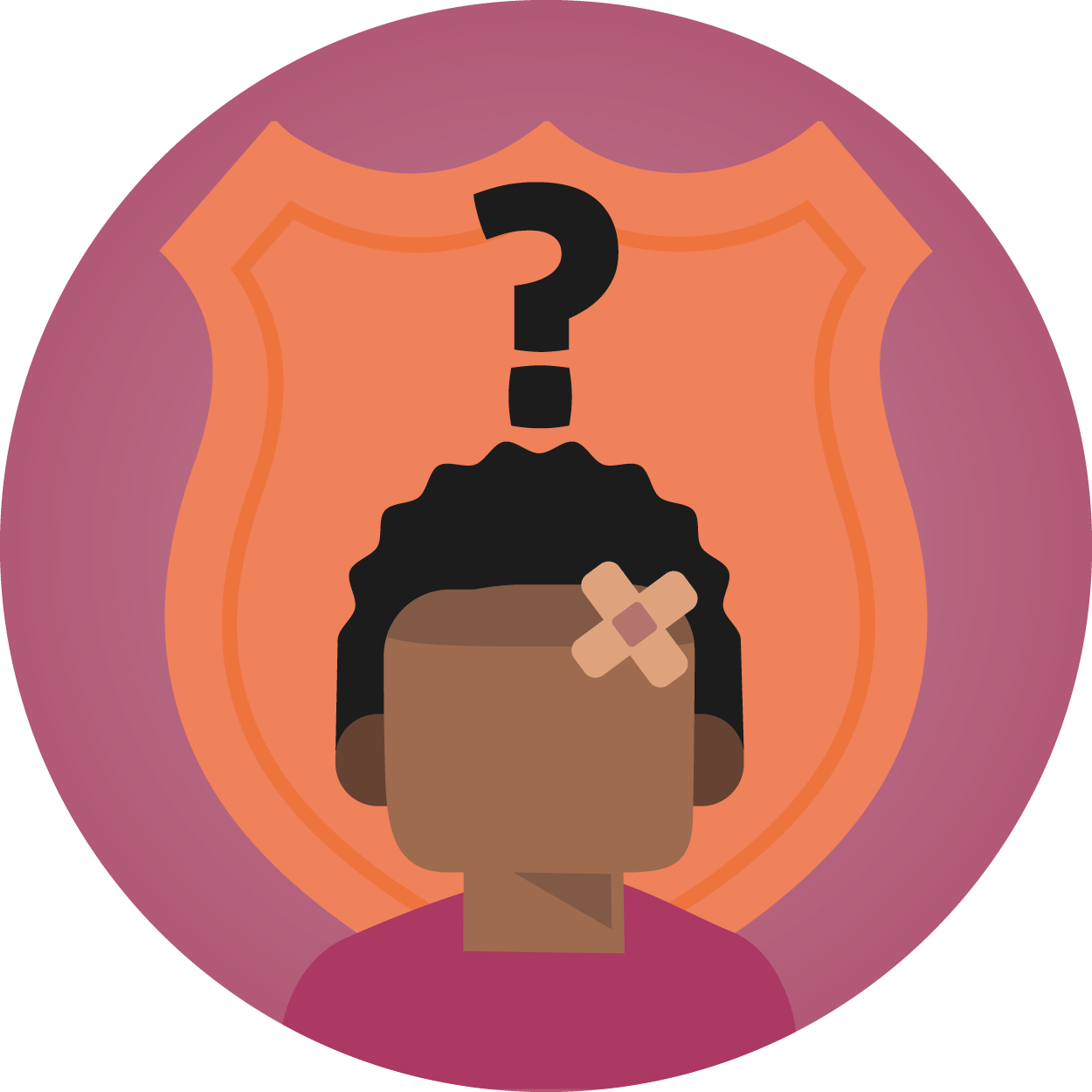
4. Assess the child abuse and/or relational violence
Map out all the information: the signals, the consultation with colleagues, the conversation with the involved parties, and possibly the advice from a Supervisor di Kódigo or ProtehaMi. Estimate the nature and severity of the situation: how high is the risk of both immediate and future danger to the child? It may also turn out that there is little cause for concern, or something else is at play. In that case, the Kódigo di Protekshon can be concluded. In case of doubt: seek (again) advice from the Supervisor di Kódigo or ProtehaMi.
Map out all the information: the signals, the consultation with colleagues, the conversation with the involved parties, and possibly the advice from a Supervisor di Kódigo or ProtehaMi. Estimate the nature and severity of the situation: how high is the risk of both immediate and future danger to the child? It may also turn out […]
-
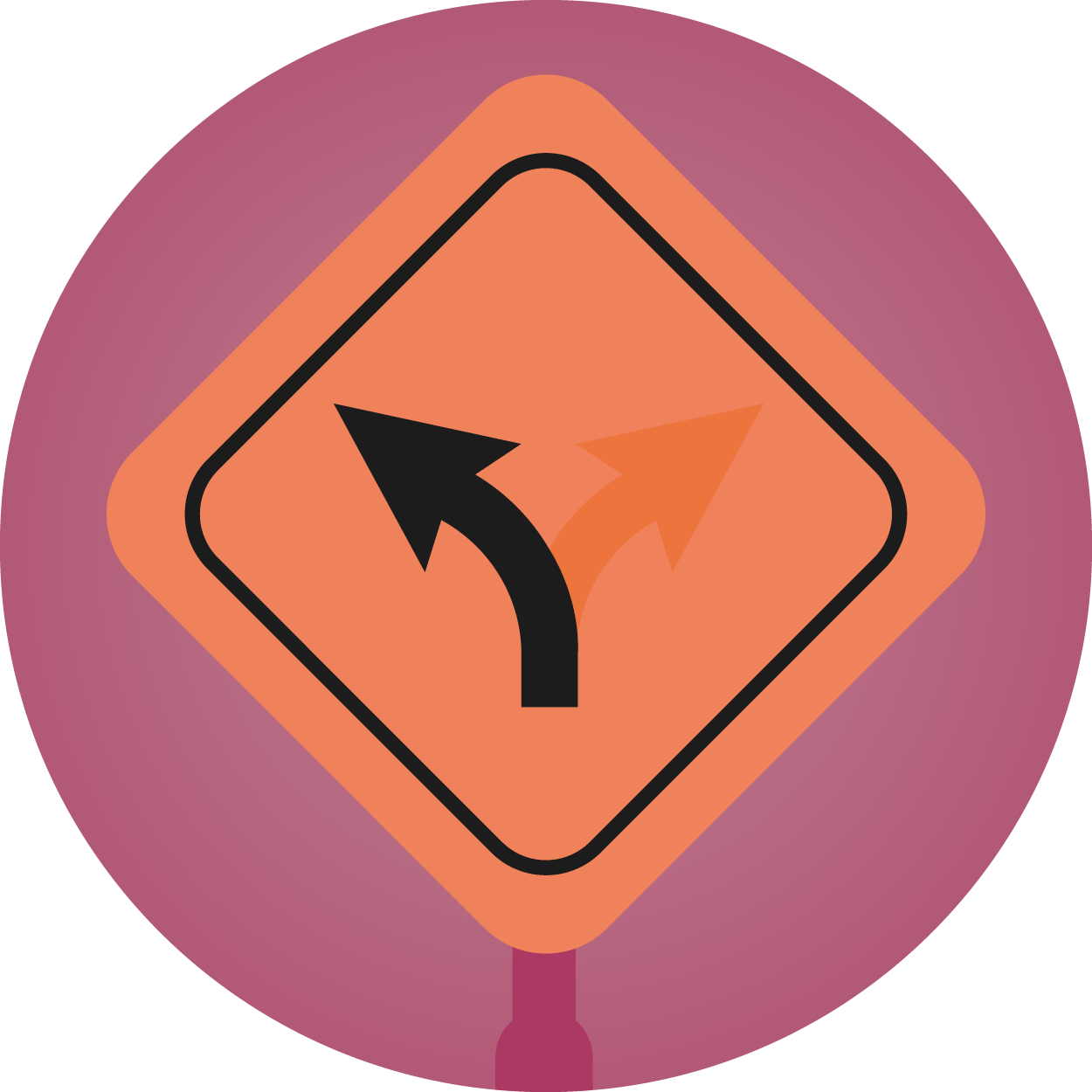
5: Decide, when safety is at stake: is providing help possible? Is reporting necessary?
If possible, provide help yourself, or organize it. If you cannot provide or organize help yourself, make a report to ProtehaMi. In that case, ProtehaMi will take over the case.
*Supervisors di Kódigo are designated individuals within organizations and professional groups who are experts on the subjects of child abuse and relational violence. They support colleagues in the field with (suspicions of) child abuse and relational violence in going through the steps of the Kódigo.
** ProtehaMi is the advisory and reporting centre for child abuse and relational violence in Curaçao am dos [art pf the Judicial Care Implementation Organization (JZ). Both professionals and residents of Curaçao can turn to it when they are concerned about the safety of a child or adult. ProtehaMi provides information and advice I the area of child abuse, relational violence, and the application of the Kódigo di Protekshon and investigates reports from both professionals as citizens.
